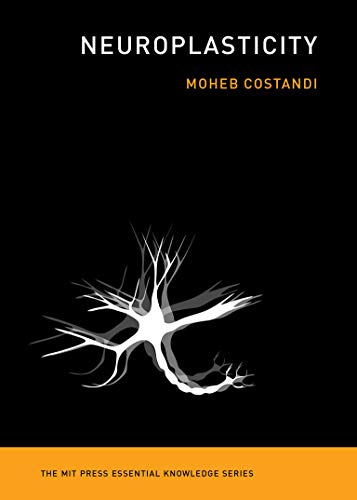Sublime
An inspiration engine for ideas
It refers to the ability of neurons to always forge new connections. Neuroplasticity, at its essence, is the process of the brain wiring and rewiring itself.
John Kehoe • Quantum Warrior | The Future of the Mind
Plasticity can be an advantage or a disadvantage, depending on the material and reason for changing it. Like elasticity it is a property rather than a value. It can mark improvement or injury, depending on whether the change it presents is valuable on that occasion, at that time, for that individual – or not.
Joanne Avison • Yoga: Fascia, Anatomy and Movement: Fascia, Form and Functional Movement
The brain is "massively plastic," meaning virtually all neural circuits—whether involved in feeling, seeing, hearing, moving, thinking, learning, perceiving, or remembering—can chan... See more
Notion – The all-in-one workspace for your notes, tasks, wikis, and databases.

This and other research has revealed that the somatotopic organization of the brain is plastic. In neuroscience, plasticity refers to the ability of the brain to develop new experience dependent pathways in the case of impairment or damage.
Alan Fogel • Body Sense: The Science and Practice of Embodied Self-Awareness (Norton Series on Interpersonal Neurobiology)
The idea is simple: while synaptic plasticity makes the brain malleable—especially in humans, where childhood lasts for fifteen or twenty years—our brain circuits remain subject to strong anatomical constraints, inherited from our evolution.
Stanislas Dehaene • How We Learn: Why Brains Learn Better Than Any Machine . . . for Now
Our brains are remarkably adept at learning new ways of thinking—and our neural connections are remarkably flexible, even into old age.